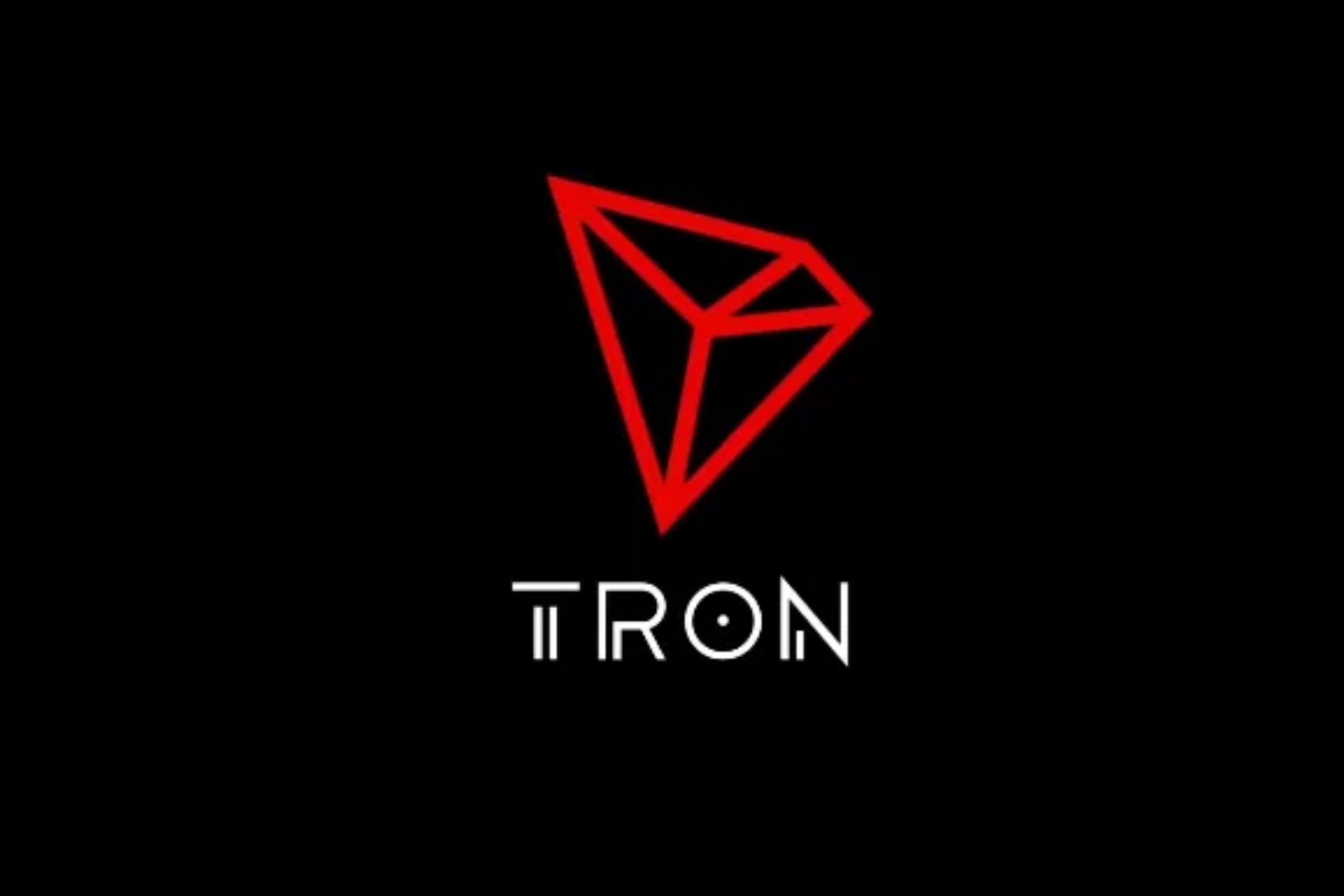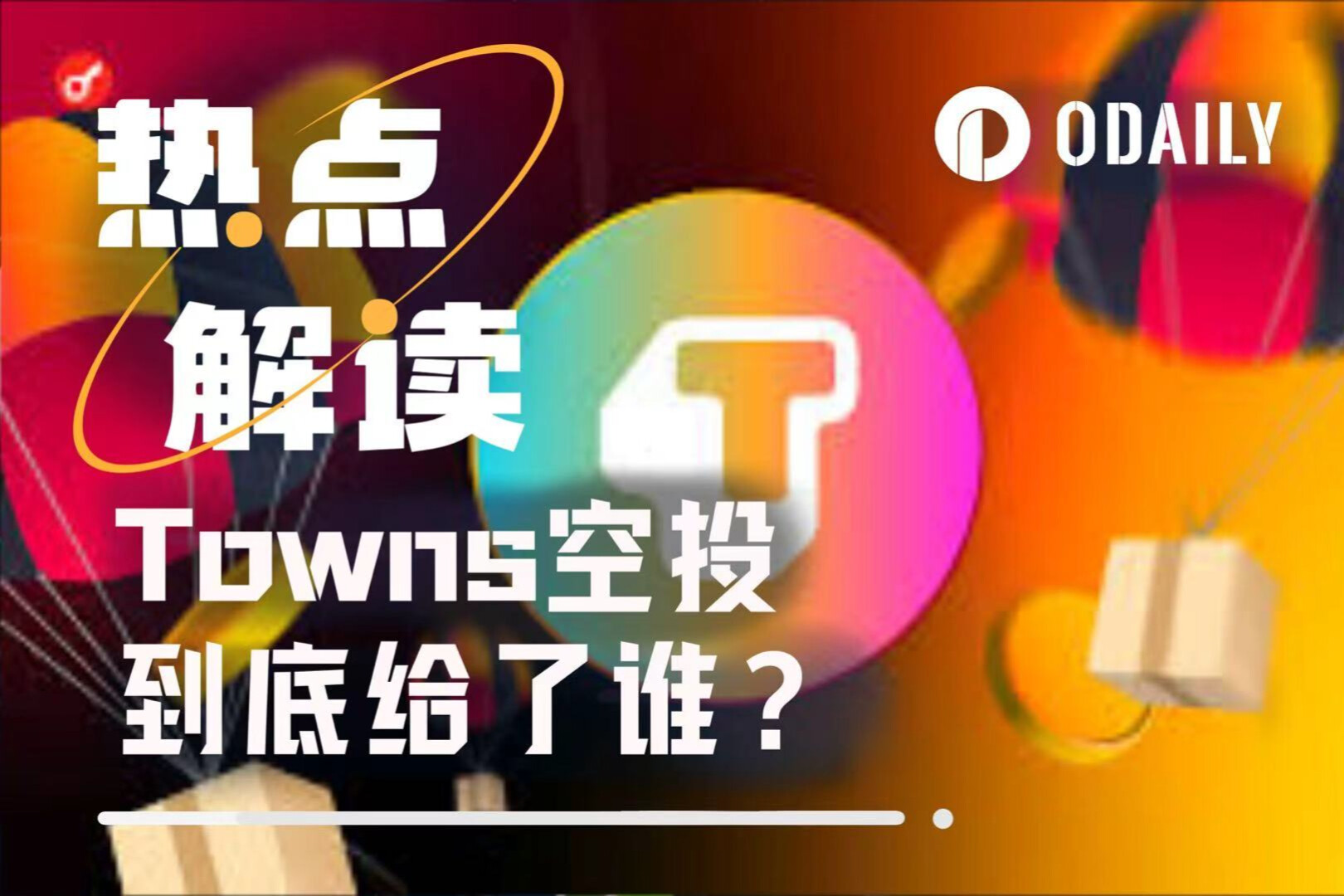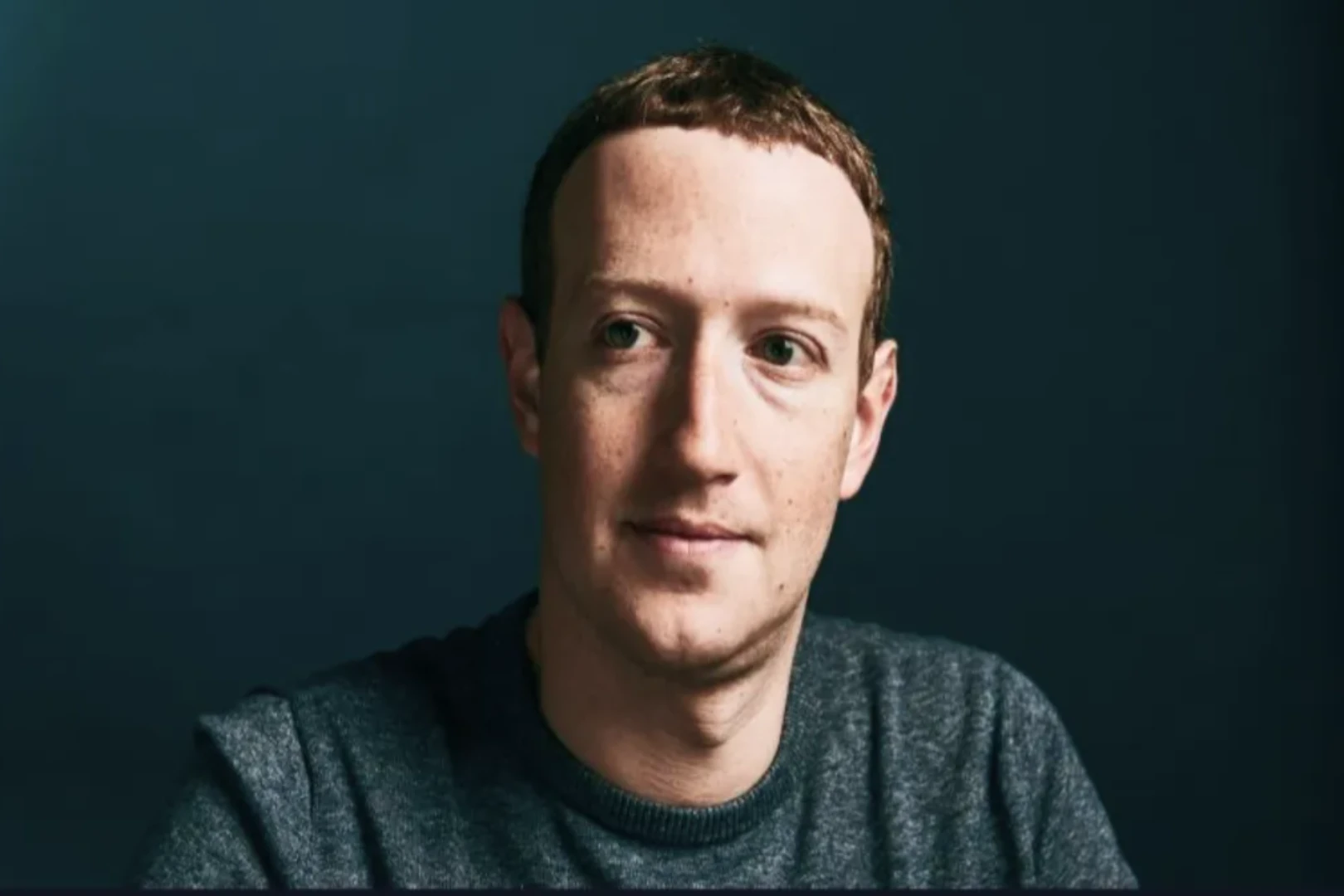Editor's Note: This article comes fromXiao Lei looks at the market(ID: kanshi1314), author: Xiao Lei, reprinted by Odaily with authorization.
Editor's Note: This article comes from
Xiao Lei looks at the market
(ID: kanshi1314), author: Xiao Lei, reprinted by Odaily with authorization.

To clarify the historical significance of Facebook’s coin issuance, we have to start with an area that everyone is familiar with.
At the Alibaba annual meeting in 2017, Ma Yun made an astonishing statement. By 2036, Alibaba will serve 2 billion consumers, create 1 billion economic benefits and 100 million jobs, and become economically second only to the United States, China, and Europe. , Japan's fifth largest economy in the world.
Indeed, as early as three years ago, the total transaction volume of Alibaba's platform had exceeded 500 billion US dollars, ranking 21st in the world in terms of GDP, on an equal footing with Argentina.
In fact, among the "helpers" that helped Alibaba become an e-commerce giant, there is an innovative tool that has made great contributions, and that is Alipay. According to the valuation, Alipay’s parent company, Ant Financial Services, has exceeded 150 billion US dollars, which is already one-third of Alibaba’s market value. It is enough to see the importance of Alipay’s role in Alibaba’s business system.
Alipay, as a third-party payment in China, and later a representative of the mobile payment terminal, has actually witnessed the continuous rise of the Chinese economy. China's mobile payment has become a new form of business in China and a symbol of the international financial consumer market. Whether it is Europe, the United States, or Japan and other developed economies, China has been far behind in mobile payment. Many people say that developed economies have not started the era of mobile payment because they have very mature credit card and traditional banking service systems, so the prevalence of mobile payment in China just shows that China's traditional financial services are very backward.
Although I agree with this statement, the western and developed countries have missed out on mobile payment, and their losses have been disastrous. Based on the mobile payment system, China has established a very popular modern underlying transaction architecture. The huge changes this architecture has brought to business cannot be summed up simply with a single financial innovation. In the fourth quarter of last year alone, the transaction scale of China's third-party payment mobile payment market reached 47.2 trillion yuan. You can make up this figure, and I will not make other comparisons.
In addition to mobile payment, China's leapfrog development also exists in another industry, such as telephone. When China did not wait for the explosion of fixed telephones, mobile phones have already been popularized. Similarly, when there is a huge gap between our traditional credit card and bank payment systems and the West, we have completed the jump from counter payment to mobile payment.
But if China can make the leap, so can other countries. This is a very philosophical question. Mobile payment in developed countries is relatively backward. Another reason is the opposition and constraints of traditional financial institutions, just like airlines do not want the popularization of high-speed rail. Therefore, if China's mobile payment in the future wants to take a step forward, it will also be severely constrained by mobile payment itself.
In fact, what I want to say is that because we have an extremely developed mobile payment market, we do not pay enough attention to "digital currency", just as developed countries did not pay enough attention to mobile payment because of the development of over-the-counter finance.
Well, let me stop here and start our focus today.
The US Internet giant Facebook, whose current market value exceeds Alibaba’s $120 billion, has announced the release of digital currency. If Alibaba wants to become the fifth largest economy in the world, I personally think that the first competitor is Facebook.
Just because developed countries such as the United States missed the era of mobile payment, they began to skip the development of mobile payment and directly entered the era of digital currency. Therefore, many people in China may still think that it will take a long time for developed countries to catch up with China in mobile payment, but developed countries no longer focus on mobile payment, because the era of digital currency is a brand new era .

In my previous analysis, I specifically talked about Libra, a digital currency issued by Facebook based on blockchain technology. With the release of the entire white paper today, we can take a complete look at this upcoming world currency from a macro perspective.
What is the essential difference between Libra and mobile payment? In addition to all the advantages of mobile payment, Libra has many special features.
First of all, Libra does not go through a third-party settlement system, that is to say, Libra’s transfer transactions do not require a bank; Libra is anonymous, and users can quickly establish one or more addresses that have nothing to do with their real identities; secondly, those who provide services for Libra Financial institutions are international, including MasterCard, PayPal, PayU (Naspers' financial technology department), Stripe, Visa; third, users can convert their legal currency into Libra, or convert Libra into legal currency according to the exchange rate; Fourth, if users who own Libra use Libra to transfer money to each other, the convenience is similar to sending a photo or sending a message to each other; fifth, Libra's non-profit operating agency is located in neutral Switzerland (Geneva).
Regarding technology, I will not do too much interpretation here, because you only need to understand that Bitcoin, Ethereum, EOS, etc. can continue to operate, and the technology and organizational capabilities carried by Libra will only be more secure and efficient than them , not weaker.
We all know that the rise of Tencent’s ecology mainly relies on WeChat and WeChat Pay. If the competition of the world’s fifth largest economy starts with Internet giants, then the Libra conceived by Facebook may have a higher dimension than Alipay and WeChat Pay. , because compared with the demand for finance and currency, everyone’s demand for commodity transactions is limited, while the demand for financial currency is unlimited, and it can accommodate and carry commodity transactions. That is to say, those who open supermarkets are generally not as good as those who run banks, and those who open banks are not as good as those who issue banknotes.
Global commerce will enter another competitive landscape due to breakthroughs in currency and payment systems. China's giants should have a sense of urgency. Libra will not bring a huge impact in the short term, but don't underestimate the long-term impact, because we have already witnessed this power from mobile payments.
In addition to feeling sorry for the new economic and financial era opened by Libra, I was actually shocked after reading the entire white paper of Libra today, because there are some unspeakable things hidden in the white paper of Libra.
First of all, in the entire white paper, there is no mention of anything in the United States, nor the US dollar, let alone the US regulatory system and the issue of what kind of structure to establish in the United States. But the founding members of Libra are all British and American companies. Let me tell you a case and everyone will understand that the hedge fund established by Soros made waves in the United States, and was later warned by the United States, which means that you can go to other countries to make waves and harvest leeks, but you cannot be unscrupulous in the US market. Everyone knows the later story. Soros almost destroyed the pound and also created the Asian financial turmoil in 1997.
My first impression of Libra is that it is completely controlled by Wall Street in the United States, and it is an act of upgrading the international status of the US dollar aimed at the international market. The US government likes this kind of project very much, because as long as it does not target domestic, international You can do whatever you want in the market, and it will be the best. If you can't do it well, the problem will be left outside, and it will not affect the United States. So I have a prediction that Libra will not be much sought after in the United States, and it will not even be issued for American users, but in other countries, especially those with unstable local currencies, there will be a very fanatical pursuit.
Secondly, the white paper, as well as the reserve assets and operating model behind Libra, mentioned gold, the euro and Hong Kong (Hong Kong dollar) without mentioning the US dollar. From the perspective of its strategic intentions, a basket of currency deposits and credible government short-term bonds are used as Libra's reserve assets in the early stage to establish stability and reputation, but as time goes by, it will transition to a completely open system.
What does this mean? It means that in the early stage, in the process of tempting everyone to exchange legal currency for Libra, credible reserve assets are needed as a guarantee, but as time goes by, Libra may form its own value system. My understanding is that one day in the future, Libra will be decoupled from reserve assets and become a new, independent world currency. It is also similar to the fact that after the internationalization of the US dollar in 1971, it needs to be more flexible to lift the issuance restrictions and choose to decouple from gold.
The third is that the current Libra can be understood as the Hong Kong dollar model. There is no central bank in Hong Kong, and banks can issue banknotes directly, but if you want to issue Hong Kong dollars, you must pay a fixed percentage of US dollars to the Hong Kong government. The same is true for the release of Libra in the next few years. Cooperative institutions all over the world can obtain Libra as long as they pay enough legal currency to Libra. Then these cooperative institutions, like market makers, can exchange legal currency with ordinary users. Two-way exchange between Libra.
At this time, I have some feeling of crossing time and space. The birth of Libra has a very similar vision to the birth of Bitcoin. When I read the Libra white paper today, I seemed to see the expanded version of the 2008 Bitcoin white paper. I even began to suspect that these two white papers came from The hands of the same group of people, or from the promotion of the same force behind the scenes.

If the white paper of Bitcoin in 2008 was to use the blockchain method to tentatively create a technical currency that transcends sovereignty, then today's Libra white paper actually means that the technical credibility of the blockchain has been solved by Bitcoin. Under the premise of currency proof, a comprehensive commercial application. This is similar to the recent very hot 5G network, which has entered the stage of large-scale commercial use after a long test of one or two base stations.
The white paper of Bitcoin in 2008 and the white paper of Libra today both try to solve the same problem. This problem is actually worthy of our reflection. Because the problem they want to solve at the same time is the transaction cost of daily micropayments. In the eyes of these developers, this problem seriously affects the popularization and inclusiveness of financial resources around the world.
image description





